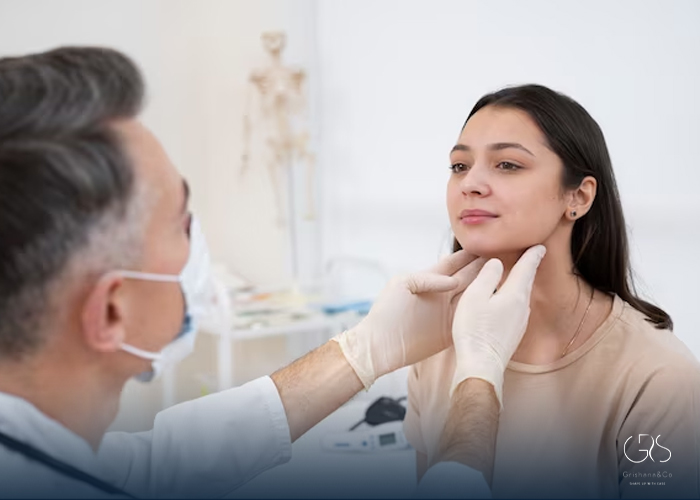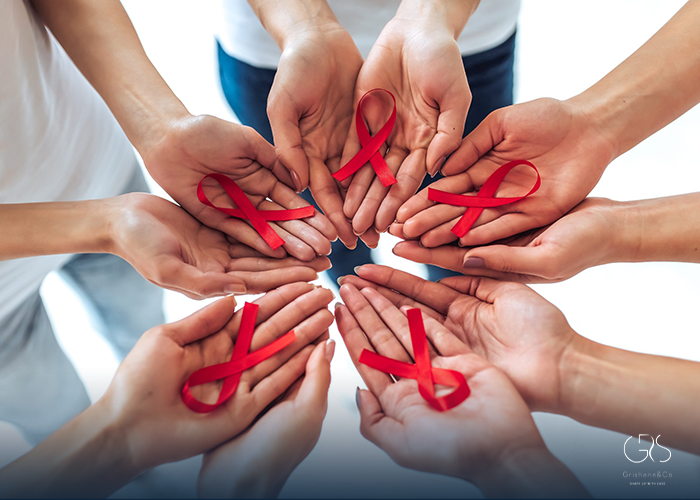Oral sex is a common sexual practice that has gained popularity over the years. However, recent studies have suggested a potential link between oral sex and throat cancer. This article aims to comprehensively explore this topic, considering diverse perspectives and providing relevant statistics. It is essential to stay informed about the potential risks involved in order to make educated decisions regarding sexual practices.
Understanding Throat Cancer and its Relationship to Oral Sex:
Throat cancer refers to the formation of malignant cells within the throat, including the tonsils, base of the tongue, and the oropharynx. The human papillomavirus (HPV) is known to be a leading cause of throat cancer, and recent research indicates that certain strains of HPV are associated with oral sex.
(To learn more about Symptoms of Throat Cancer please refer to this article)
Link Between Oral Sex and Throat Cancer:
Statistics:
According to the American Cancer Society, HPV is responsible for an estimated 70% of oropharyngeal cancers in the United States.
A study published in The Journal of Clinical Oncology found that oral sex can increase the risk of developing throat cancer by more than 20 times in individuals who have multiple sex partners.
Another study published in the Journal of the National Cancer Institute revealed that the risk of developing throat cancer from oral sex is higher for men than for women.
Mechanism of Infection:
During oral sex, the exchange of bodily fluids can lead to the transmission of HPV, especially if one partner is infected.
HPV can enter the cells of the throat lining and eventually lead to the development of cancerous cells.
Diverse Perspectives:
Medical Professionals:
Some medical professionals argue that the prevalence of HPV-related throat cancer necessitates a discussion about safe sexual practices, including the use of protection during oral sex and vaccination against HPV. They emphasize the importance of early detection through regular check-ups, including throat examinations.
Others believe that the increased risk of throat cancer from oral sex is relatively low when compared to the potential benefits of sexual intimacy.
Sexual Health Advocates:
Sexual health advocates stress the significance of comprehensive sex education, including discussions about safe practices, consent, and communication.
They also emphasize the importance of open dialogue between sexual partners regarding sexual history and potential risks.

Conclusion:
While there is evidence suggesting a link between oral sex and throat cancer, it is crucial to understand that not all cases of throat cancer are caused by oral sex or HPV. Regular check-ups, open communication with sexual partners, and practicing safe sexual behaviors can help reduce the risk. It is important to consult with healthcare professionals to stay informed and make educated decisions regarding sexual practices.
Sources
- American Cancer Society, Can oral sex give you cancer?
- National Cancer Institute, Risks of Oropharyngeal Cancer and Oral Sex: Results of a Population-Based Case
- Centers for Disease Control and Prevention, HPV and Oropharyngeal Cancer Fact Sheet
- Harvard Medical School, The rise of HPV-related throat cancer
- Mayo Clinic, Throat cancer










